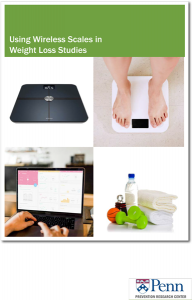A new study at Penn has been published in the Journal of Health Communication. PRC researchers Amy Bleakley, Amy Jordan, Karen Glanz, and Andrew Strasser, were the first to test the effect of persuasive strategies used in public service ad campaigns aimed at sugar-sweetened beverages, which include non-diet soda, sports and energy drinks, sweetened teas and fruit drinks.
The researchers found that public service advertisements (PSAs) appealing to fear – and warning of the health consequences of too much sugar, such as obesity, diabetes, amputations, cancer, and heart disease – had the greatest effect on teens’ intention to cut back on sugary drinks. The study also examined ads that appealed to humor and to nurturance (protective, parental instincts).
The fear-based ads worked directly to influence the adolescents’ intentions, as well as indirectly by affecting the perceived strength of the message. All three kinds of emotional appeals – fear, humor, and nurturance – affected other emotions and cognitions as well, but not all of those were shown to be related to teens’ intention to cut back on sugary drinks.
Read the study here.
Bleakley A, Jordan A, Hennessy M, Glanz K, Strasser A and Vaala S. Do Emotional Appeals in Public Service Advertisements Influence Adolescents’ Intention to Reduce Consumption of Sugar-Sweetened Beverages? Journal of Health Comm, Jun 2015, online, 938-948.

